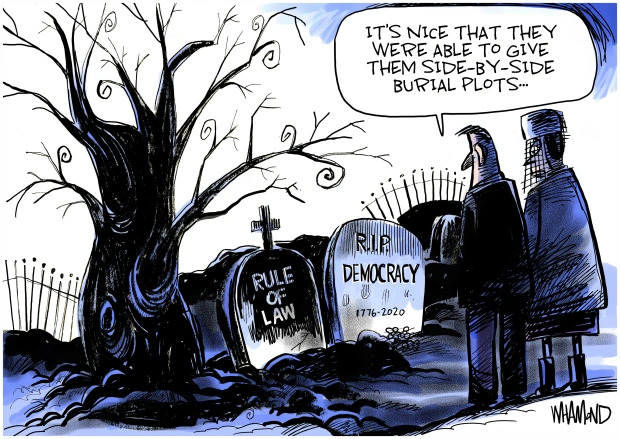“The lives of the richest people in the world are so different from those of the rest of us, it's almost literally unimaginable. National borders are nothing to them. They might as well not exist. The laws are nothing to them. They might as well not exist.” -- Sociologist Brooke Harrington commenting on how many extremely wealthy people treat the rule of law, NPR interview, 2019
“Well, when the president does it that means that it is not illegal.” -- Richard Nixon
“Well, when the president does it that means that it is not illegal.” -- Richard Nixon
NPR aired an interview yesterday (that I cannot find today) with a district attorney (DA) in Texas. The DA publicly stated he will not enforce Texas anti-abortion laws in his district. He claims that as a DA, he has discretion to decide what cases and laws to prosecute. NPR then spoke with a legal expert in Texas who concurred that a DA does have the discretion to decide what cases to prosecute and what to drop. So at least in Texas, the only obligation a DA has once police or other law enforcement presents evidence of a crime is to review the evidence and then decide whether to prosecute or not.
The expert pointed out that it is not uncommon for DAs nationwide to not prosecute selected crimes. Sometimes a crime is not prosecuted because much or most of the community opposes the law. Sometimes it takes too much time and resource to prosecute a hard to prosecute or complex crime. That’s especially true for complex financial crimes and some (most?) white collar crimes where plausible deniability makes getting a criminal conviction impossible or almost impossible.
The Texas DA said his concern was justice. In his opinion anti-abortion laws are an injustice. He risks his job to take that stand. Although I agree that anti-abortion laws are an injustice, what about the rule of law?
The United States Attorney General (AG) also has discretion to enforce a law and to prosecute a crime. T**** publicly said that he admired an AG who protected the president from the law. He argued that AG Eric Holder protected Obama from prosecutions, which he saw as a good thing. At this point, AG Merrick Garland has chosen to not prosecute T**** for multiple instances of obstruction of justice, each instance being a separate felony (discussed here in 2019). The choice is up to Garland. Maybe Biden could order Garland to prosecute T****, but at this point that seems highly unlikely.
Both democracy and tyranny can share traits. Governments of both can be bigoted, corrupt and/or incompetent. Two major things distinguish them. One is reasonable compromise. Democrats have to compromise, but tyrants don’t. The other is the rule of law. In democracy, the law is above everyone. So at least in theory, even the elites and leaders are subject to the law. In an authoritarian state, the dictator or plutocrats are the law. They say what the laws is and they apply it equally or unequally when it suits them.
Arguably inherent in the law in a democracy compared to the law in an authoritarian state is a meaningfully higher level of objectivity. For dictators, the law tends to be what the dictator has the power to say it is. Nearly absolute power can inject nearly absolute subjectivity into laws if the dictator or plutocrat is so inclined.
Much as one might agree with the sentiment of the Texas DA, he arguably undermines the rule of law, which is arguably too weak already. Is it too subjective to give DAs that much discretion? In essence, broad discretion gives them power to ignore and abuse law in addition to tailoring justice to reasonably deal with unique situations or complexities. Some discretion is always bad. Sometimes it is good. It depends on how it is used. Regardless of good or bad intent, there can be a lot of subjectivity in how discretion is exercised.
It feels as if the law in America has become dangerously subjective. Radical right American authoritarians have come to understand and embrace how much the law can be bent or abused to undermine and subvert democracy. The more one considers this, the more one some will come to understand that subjectivity and discretion can be a powerful tool in the war against democracy and the rule of law.
Qs: Should the DA in Texas not prosecute anti-abortion law violations in his district? Should he prosecute, but try to minimize the penalties? Is at least some discretion necessary for law enforcement and/or judges because, as AG Levy wrote in 1949, “in an important sense legal rules are never clear, and, if a rule had to be clear before it could be imposed, society would be impossible”?

No comments:
Post a Comment